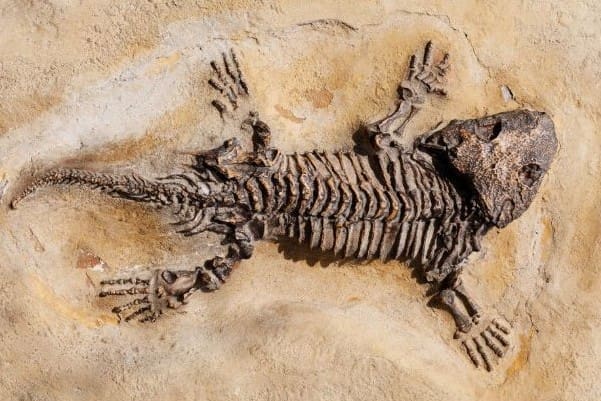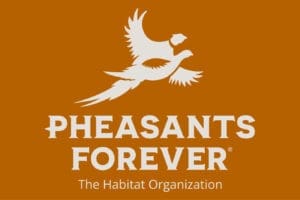Image courtesy Canva
The University of Kansas Biodiversity Institute and Natural History Museum will host an international gathering of scientists August 4–5 focused on improving how paleontological data is shared and credited across the research community and beyond.
The workshop, supported by the National Science Foundation, will bring together about 20 leading paleontologists, data scientists, and academic journal editors from top institutions including Harvard, Yale, UC Berkeley, the University of Florida, and the American Museum of Natural History.
The event will focus on aligning paleontological data practices with FAIR principles—ensuring data is Findable, Accessible, Interoperable, and Reusable. Participants will explore both practical and philosophical aspects of data sharing, including how credit is assigned in collaborative research environments involving students, postdocs, and long-term datasets. KU scientists Bruce Lieberman and Natalia López Carranza, who help publish the Treatise on Invertebrate Paleontology, emphasized the need for accessible digital data and better systems for crediting foundational work. The group may also draw lessons from other scientific fields with more advanced data-sharing practices.













